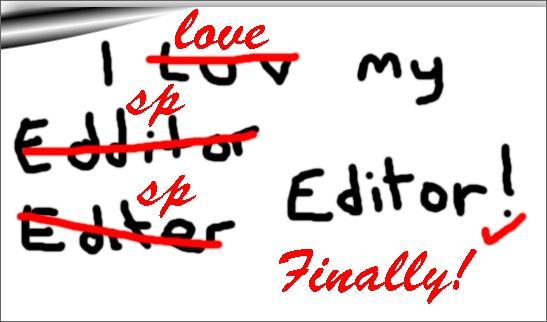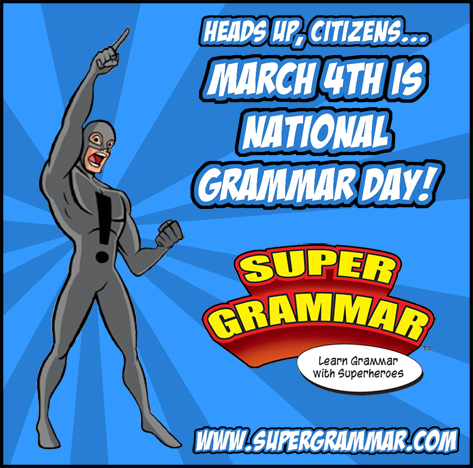I like Tom Duggan, editor of one of my local newspapers, The Valley Patriot. Against heavy odds, he started his paper nine years ago to compete with The Eagle-Tribune, the dominant daily of the Merrimack Valley region, and it’s been a big success.
Mood music:
[spotify:track:1qGiiSb3RgkDdkZOmAd8UZ]
As a former Eagle-Tribune editor, I’ve enjoyed Duggan’s effort. I have bad memories from my days there, much of the grief self-inflicted, some of it the byproduct of spending too long in the viper pit that is the typical daily newsroom. I couldn’t help but take joy in the fact that my old bosses had a fight on their hands.
In recent years I’ve mellowed. I wasn’t the most pleasant guy to work with, and I’m grateful for enduring friendships I made despite that. I’ve also enjoyed a fair amount of career success since then, so dwelling on the past lost its luster. Still, I’ve continued to enjoy Duggan’s effort.
But there’s something in his approach that annoys me as well. He’s an over-the-top gloater, and it hurts people who don’t deserve it.
Yesterday, Duggan was on Facebook delighting in a shakeup in the Eagle-Tribune newsroom. Publisher Al Getler was fired, and Salem News Editor Karen Andreas was apparently brought in to replace him. Duggan referred to Getler as “puppetboy” (Getler is a ventriloquist as well as newspaper publisher) and celebrated the man’s downfall with child-like glee.
In the past Duggan has picked on E-T reporters, some by name, and boasted mightily over scoops he has had enjoyed. He’ll usually go on about all the news he broke while E-T reporters and editors were asleep at their desks. He often frames E-T staff as clueless and plays up how great he is by comparison.
The more grownup thing to do would be for Duggan to keep his wins to himself. Die-hard newspaper readers know when one paper beats another, and gloating comes off as childish.
Duggan should also check his facts; the gloating he does isn’t always true. I’ve watched him brag about scoops only to go to the E-T website and find the same story covered, often at more depth.
Boasting about scoops these days is especially childish because it’s become all but impossible to tell who is really first in this age of Facebook and Twitter. A private citizen can hear something on a police scanner and tweet the news, and suddenly they’re the one with the scoop.
I also know as a veteran journalist that it’s not always better to be first. Many stories need to be covered more slowly, more deliberately and with greater sensitivity, especially after a terrible tragedy.
As imperfect as The Eagle-Tribune is, the staff are far from clueless. I’ve seen them in action and have been part of it. Two Pulitzer Prizes testify to the paper’s dedication and endurance.
Congratulations on your success, Tom. But don’t let the need for bluster cheapen your victory.





